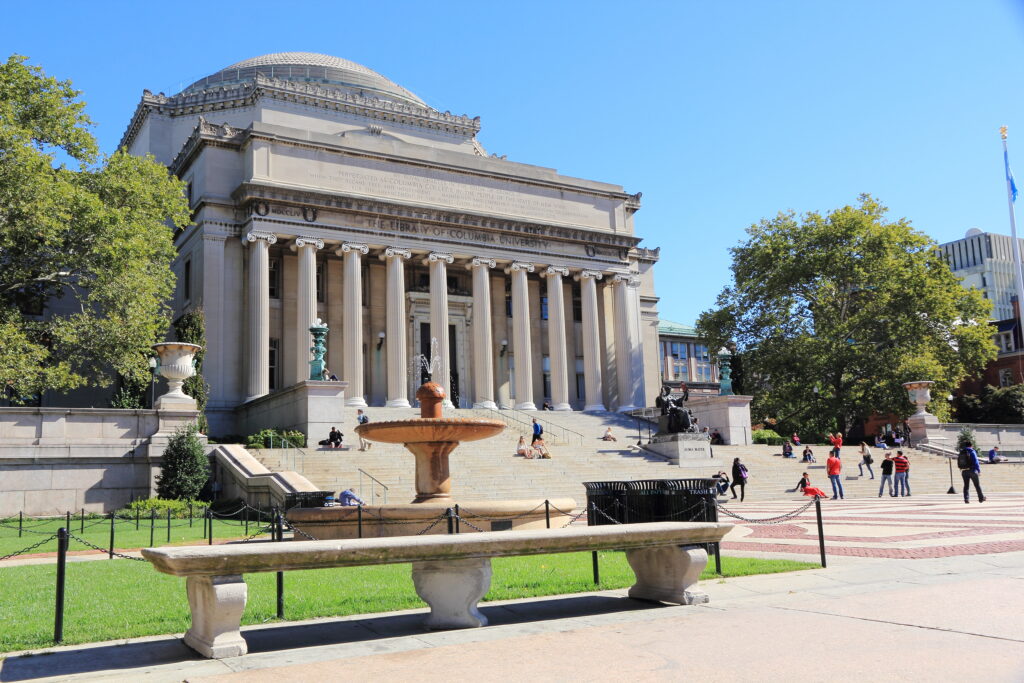Columbia student paper publishes article on ‘doxing resource group’ in response to AIM activism
December 26, 2023
Doxing Resource Group connects affiliates to privacy scrubbing, legal advice, and support services
In an interview with Spectator, Joseph Greenwell, senior vice president for student affairs in University Life, spoke about the recently formed Doxing Resource Group and its services for students, faculty, and staff who experience doxxing.
University President Minouche Shafik and Barnard President Laura Rosenbury announced the creation of the resource group on Nov. 1, describing it as a “centralized point of contact for issues related to doxing, harassment, and online security.” Greenwell said that the group has been approved to continue operating after the Nov. 30 date when the University said they would “reassess our efforts to ensure that our work meets your needs.”
While Greenwell said that a “technical issue” had hindered email functionality for roughly a week after the group was launched, the group was able to respond to all emails after fixing the issue. As of Dec. 12, the group had received over 80 emails from students.
Greenwell said the resource group was created to serve affiliates in a “coordinated way” and works closely with the deans of students. The resource group also partners with members from various corners of the University, including Public Safety, the Office of the General Counsel, Facilities and Operations, and Columbia University Information Technology. University Life—an office serving 17 of Columbia’s schools—serves as a “facilitator” and a “point of entry” for affiliates who experience doxxing, Greenwell said.
The group offers personalized resources for each case, connecting those who have been doxxed with legal advice, privacy scrubbing, report filing, and support services, as well as offering preventative advice to students concerned about being doxxed.
Fears and anxieties related to doxxing—the publication of an individual’s sensitive information without their consent—reached a peak when a “doxxing truck” displaying the names and faces of affiliates allegedly part of student groups that signed a pro-Palestinian statement came to the Morningside campus on Oct. 25. The resource group was formed roughly a week later.
